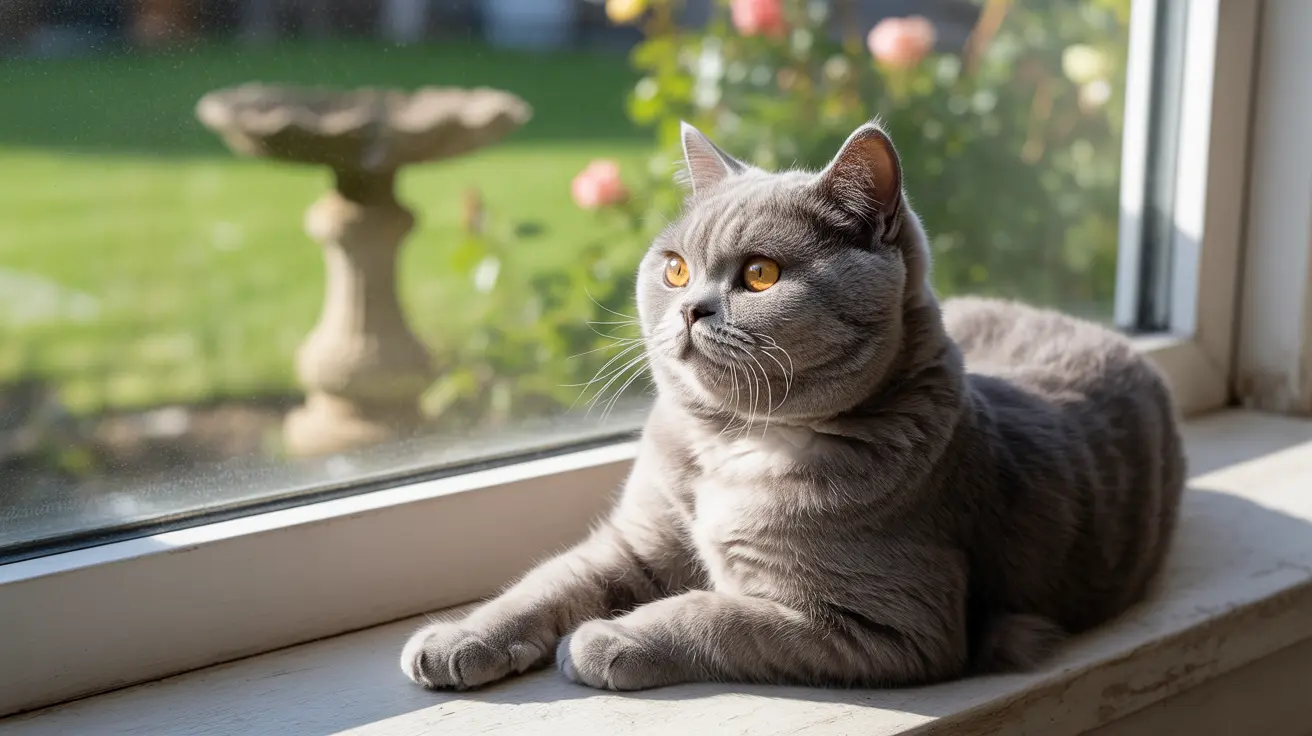As a cat owner, you've likely wondered about the maximum time you can safely leave your feline friend alone. While cats are known for their independent nature, they still require regular care and attention. This comprehensive guide explores the factors that determine safe alone time for cats and provides expert recommendations for ensuring your pet's well-being during your absence.
Understanding the appropriate duration to leave your cat alone is crucial for maintaining their physical and emotional health. Different cats have varying needs based on their age, health status, and personality traits. Let's dive into the essential guidelines and considerations for responsible cat care during periods of absence.
Maximum Time Limits for Leaving Cats Alone
For healthy adult cats, veterinary experts recommend a maximum of 24 hours alone, though 12 hours is generally considered more appropriate. This timeframe ensures your cat maintains proper nutrition, hydration, and emotional well-being. However, several factors can affect this duration:
Age-Specific Guidelines
Different life stages require different levels of supervision:
- Kittens under 4 months: Maximum 2-4 hours alone
- Kittens 4-6 months: Up to 4-6 hours alone
- Adult cats: Up to 24 hours (with proper preparation)
- Senior cats: Regular check-ins recommended, preferably every 8-12 hours
Health and Personality Considerations
Cats with medical conditions, those requiring medication, or those prone to anxiety may need more frequent attention. Some cats are naturally more dependent and may experience stress when left alone for extended periods, regardless of age or health status.
Essential Preparations for Leaving Your Cat Alone
Environment Setup
Before leaving your cat alone, ensure:
- Multiple fresh water sources
- Adequate food supply (consider automatic feeders)
- Clean litter boxes in accessible locations
- Safe, comfortable temperature settings
- Secured windows and potential escape routes
- Removal of hazardous items or plants
Enrichment and Entertainment
Provide mental stimulation through:
- Interactive toys and puzzle feeders
- Scratching posts and climbing structures
- Window perches for outdoor viewing
- Comfortable resting spots throughout the house
Alternative Care Options for Extended Absences
When you need to be away longer than 24 hours, consider these options:
- Professional pet sitters who can visit once or twice daily
- Trusted neighbors or family members for regular check-ins
- Cat boarding facilities for longer absences
- Pet cameras for remote monitoring
Frequently Asked Questions
How long can I safely leave my cat alone without risking its health or well-being?
Healthy adult cats can typically be left alone for up to 24 hours, though 12 hours is preferable. Never exceed 24 hours without arranging for someone to check on your cat.
What are the age-specific guidelines for leaving kittens alone, and how do their needs change as they grow?
Kittens under 4 months need attention every 2-4 hours, while those 4-6 months old can handle 4-6 hours alone. As they mature, they can gradually handle longer periods, but should still receive regular daily attention.
How can I prepare my home to ensure my cat's comfort and safety while I am away for an extended period?
Ensure multiple water sources, adequate food, clean litter boxes, and a safe environment free from hazards. Set up enrichment activities and maintain appropriate temperature controls.
What are the risks of leaving a cat alone for too long, and how can I mitigate these risks?
Risks include dehydration, anxiety, accidents, and behavioral issues. Mitigate these by providing proper resources, using automatic feeders, and arranging for regular check-ins during longer absences.
What are the best options for caring for my cat if I need to leave it alone for more than 24 hours?
The best options include hiring a professional pet sitter, arranging for regular visits from trusted friends or family, or using a reputable boarding facility for extended absences.
Conclusion
While cats are independent creatures, responsible pet ownership means ensuring they receive appropriate care and attention, even during your absence. By following these guidelines and making proper arrangements for longer periods away, you can maintain your cat's health, safety, and emotional well-being. Remember that every cat is unique, so observe your pet's behavior and adjust care plans accordingly.






